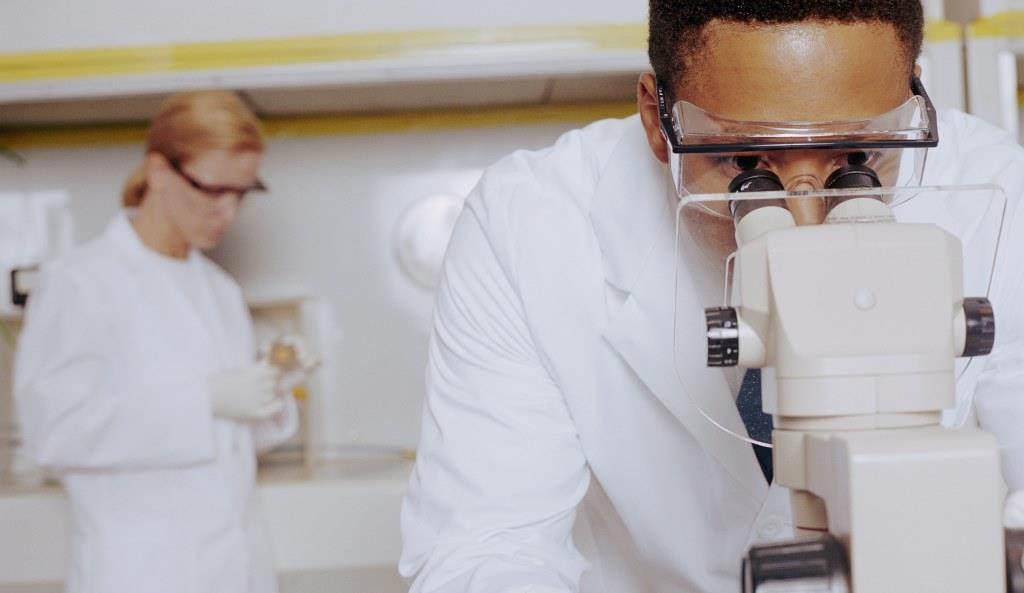ImmuneVax specializes in technology transfer out of universities and other academic institutions. University technology transfer expertise and commercialization have not kept pace with the increase and breadth of research funding in recent years. More than 50 percent of the revenues from licenses in the life sciences is now clustered in just ten universities and is associated with a very small number of commercial products and services.
ImmuneVax is well aware of the common barriers to commercialization in the life sciences, and over the years, has refined its strategies to overcome those barriers.
We manage relevant processes, and provide the technical assistance needed to make technology transfer and commercialization happen more efficiently, faster, and most effectively. Alliances in which industry is able to leverage the research capabilities of universities can be very effective partnerships.
Sponsored Research
Government and NGO-sponsored research occurs mainly in university settings. Many potentially life-changing technologies under development today are born in university labs—but without a coordinated and targeted strategy for commercialization, they can't move forward to the next stage of development.
ImmuneVax forms partnerships worldwide between academic researchers, their technology transfer offices, investors and venture capital firms. Accordingly, projects with high commercial potential are selected for further funding and provided with the commercial guidance needed to ensure that scientific ideas address "investment grade" market needs.
ImmuneVax has effectively negotiated and implemented more than 100 industry sponsored research programs, both for Universities as well as Start Ups.
Industry Sponsorship
We know what industry is looking for, and we package data, present results to industry decision makers, negotiate terms for collaborations, and introduce researchers to the right people. To this end, we address IP matters, freedom to publish and present results in public,while securing 'soft money' to purchase needed equipment and to support research that leads towards commercialization of the researchers' inventions. ImmuneVax will also negotiate partner-funded feasibility studies, facititate pilot production or prototyping, and steer the transfer of technology to the respective industry partners. Via the latter mechanism, we ensure that researchers have their research findings validated independently by highly credible partners.
Translational research
Translational research is scientific research that helps to make findings from basic science useful for practical applications that enhance human health and well-being. It is practiced in the medical, behavioral, and social sciences. Applying knowledge from basic science is a major stumbling block in science, partially due to the compartmentalization within science. With its focus on multi-disciplinary collaboration, translational research has the potential to advance applied science. This has been attempted particularly in medicine with translational medicine, research that aims to move “from bench to bedside” or from laboratory experiments through clinical trials to point-of-care patient applications. Translational research is a paradigm for research alternative to the dichotomy of basic research and applied research. It is often applied in the domain of medicine but has more general applicability as a distinct research approach.
Outside of the field of medicine, translational research can be applied more generally where researchers try to shorten the time-frame and conflate the basic-applied continuum, to ‘translate’ fundamental research results into practical applications. At ImmuneVax, the focus of our all-encompassing involvement in translational research is directed specifically on commercialization of research findings.
Speaking
ImmuneVax provides professional speaking services. The technically-sophisticated audiences include Investors, Venture Capitalists, Directors, Marketers, Scientists at Board Meetings, Public audiences at Investor Pitches or Due Diligence Presentations, at Conferences, Symposia, at Political rallies, Speakers Bureaus and Special-interest Lobbying campaigns. We work closely with the inormation providers to source the most relevant marketing information, ensuring that final the delivery has the desired impact on the target audience. Presentations can be delivered live, via video recordings, or via videoconferencing or Webinars.
GxP mentoring
Global businesses in regulated industries turn to GxP Systems to achieve compliance within an increasingly complex regulatory environment. ImmuneVax trains academics who collaborate with Industrial affiliates, and trains and manages Start Up personnel, ensuring comprehensive understanding of GxP compliance. Typical outcomes include the expedited technology transfer process and scale-up or pilot production of early-stage technologies because of the resultant good understanding of the need for GLP compliance. For more advanced products in development or for the transfer of already licensed and marketed products, the focus is on cGMP. Later too, for products that are about to enter into multi-center human clinical trials, our focus would be on compliance with the GCP Regulations, as defined in the Codes For Federal Regulations.
Licensing & Royalties
Licensing of Intellectual Property rights from Universities, or other Academic Institutions, as well as from industrial concerns, is a common occurrence. Such licenses generally provide a relatively exclusive base from which to pursue value-added product or service development.
Funding
There are generally two main types of funding that are available to support academia-directed research endeavors, namely grant funding, and contract or fee-for-service funding. Writing and compiling grant applications tends to be quite labor-intensive and time consuming; however ImmuneVax can be of service in this regard.
Industrial concerns are known to make applied research funds available to academic researchers and academic inventors who are entrepreneurs may opt to form startup companies that require funds to grow and to support operations.
